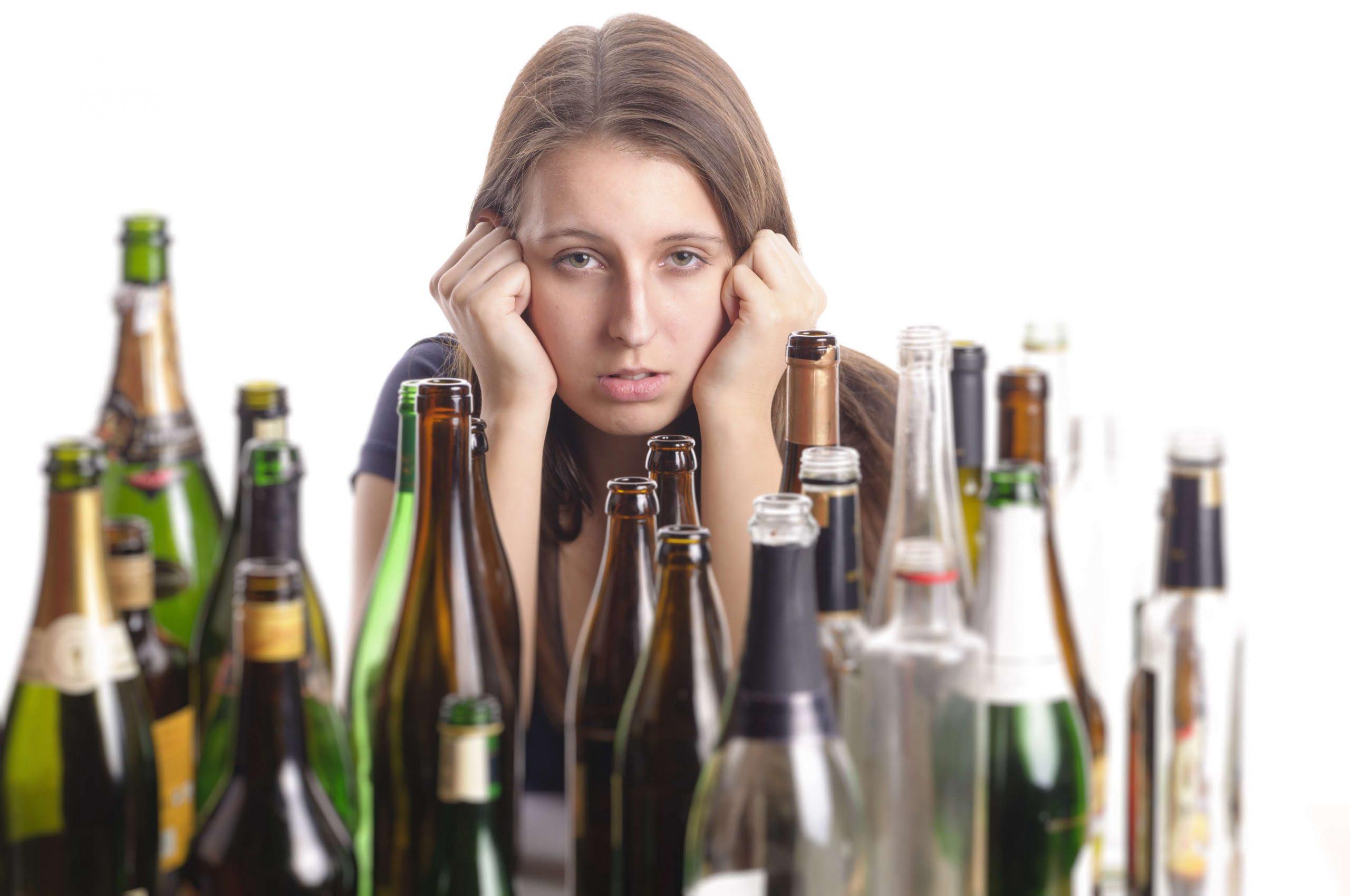The only potential restriction would be relating to the use of alcohol itself. Foods high in sodium should also be avoided, as they can increase your blood pressure and provide adverse heart effects while your body goes through withdrawal. Withdrawal is also a time when your body is hyperactive and sensitive to stimulation, so avoiding Recovery Gift Guide, Sober Gift Guide foods or beverages with caffeine is a good idea. The causes of addiction cannot be traced to a single deficit; rather, it is the result of a complex interplay of genetic, environmental, and neurological factors. The disruption of the reward system in the brain is a significant factor in the development of addictive behaviors, though.

Alcohol negatively impacts your overall nutritional health, impairing your body’s ability to heal quickly and effectively. These nutritional deficiencies can make it harder to recover from alcohol addiction and create other health problems. Making good dietary choices as you recover from alcohol addiction will help you be well-equipped to succeed in your recovery journey. The goal of withdrawal management programs is to provide clients with medical care and sometimes medication in order to maintain the healthiest state possible while the body is eliminating drugs or alcohol.
Vitamin Supplements as a Nutritional Strategy against Chronic Alcohol Consumption? An Updated Review
Alcohol addiction could be creating any number of health issues, such as fatigue and dizziness, diseases of the mouth, memory trouble, and digestive problems. Even more seriously, a lack of proper nutrition can lead to severe issues with organs like the liver, kidneys, and heart. People with an alcohol addiction tend to have low levels of vitamins A and E. This deficiency can lead to vision trouble, particularly when driving at night. Liver damage, which is already an issue with significant alcohol consumption, becomes even more serious if you are not getting enough of these vitamins. Previous research has linked alterations in methionine metabolism to ethanol-induced alcoholic liver damage [113,114,115].

This ADH produces acetaldehyde, which is toxic due to its high reactivity and may form DNA or protein adducts [16,17]. Some of the alcohol that is ingested orally does not enter the systemic circulation but may be oxidized in the stomach by ADH and their isoforms. Since the Km of most ADH isozymes for ethanol is low (about 1 mM), ADH is saturated at low concentrations of alcohol, and the MEOS system is activated [18]. You’ll need to be especially careful not to replace alcohol with sugar or caffeine. Filling up on them makes it harder to eat enough healthy food. They can also affect your mood when they wear off, which could make you want to drink.
Detox Vitamins and Supplements Guide
Water makes up around 60% of the body and plays vital roles in nearly every function. Critical examples include facilitating brain function, improving mood, flushing out toxins and transferring nutrients between cells. Macronutrients are those your body needs in large amounts each day to function. Micronutrients are just as important, but you don’t need to consume as much of them to stay healthy. Vitamins and minerals are micronutrients, while the macronutrients you need are protein, fat, carbohydrates and water. Vitamin E levels in the liver of alcoholics with cirrhosis are frequently low [96].
These may also help prevent or reduce alcohol-induced organ damage. One option is high doses of oral vitamin B supplementation, which can help correct deficiencies without causing adverse effects. However, these supplements may not provide enough vitamin B1, which is essential for preventing a condition called Wernicke’s encephalopathy (WE), a medical emergency.
Is there a supplement to stop drinking?
Without it, you can have strong cravings, mood swings, and hostile behavior. We get amino acids from protein in foods like meat, dairy products, and nuts, along with some grains and https://accountingcoaching.online/50-sobriety-gifts-ideas-effective-substance-abuse/ beans. As with many other OTC herbal supplements, there’s little convincing evidence that the aforementioned supplements are clinically effective treatments of alcohol dependency.
Supplements can help reduce alcohol cravings by addressing nutritional deficiencies, regulating neurotransmitters, and providing antioxidant support, among other mechanisms. Additionally, vitamin C deficiency can aggravate symptoms of alcoholic liver disease. Alcohol abuse can lead to folic acid deficiency due to poor dietary intake, intestinal malabsorption, decreased hepatic uptake, and increased body excretion. Vitamins are crucial in recovery as they help with overall health. However, vitamins do not play a role in helping a person stay sober.
Adopting a balanced diet can assist the body in healing and recovering from the damage inflicted by long-term alcohol abuse. Our review updates the existing relationship between vitamins and their mechanism of action during the pathogenesis of ALD. Therefore, these variables should be addressed in future studies. Did you know that heavy drinking can lead to big shortages in the nutrients you get?
- In addition, Kaur et al. [103] studied examined vitamin E supplementation in ethanol-treated mice and found that it restored redox state, decreased apoptosis, and lowered oxidative stress markers.
- While battling addiction, vitamins and nutrition are typically not prioritized.
- These calls are offered at no cost to you and with no obligation to enter into treatment.
- If you are vitamin A deficient, it is important that you take a supplement under the care of a physician, as high doses can lead to liver disease.
- In effect, chronic alcohol consumption has been demonstrated to lower vitamin D levels (inactive vitamin D (25(OH)D3) and active vitamin D (1,25(OH)2D3) as well as cathelicidin/LL-37 expression [80].

Comentarios recientes